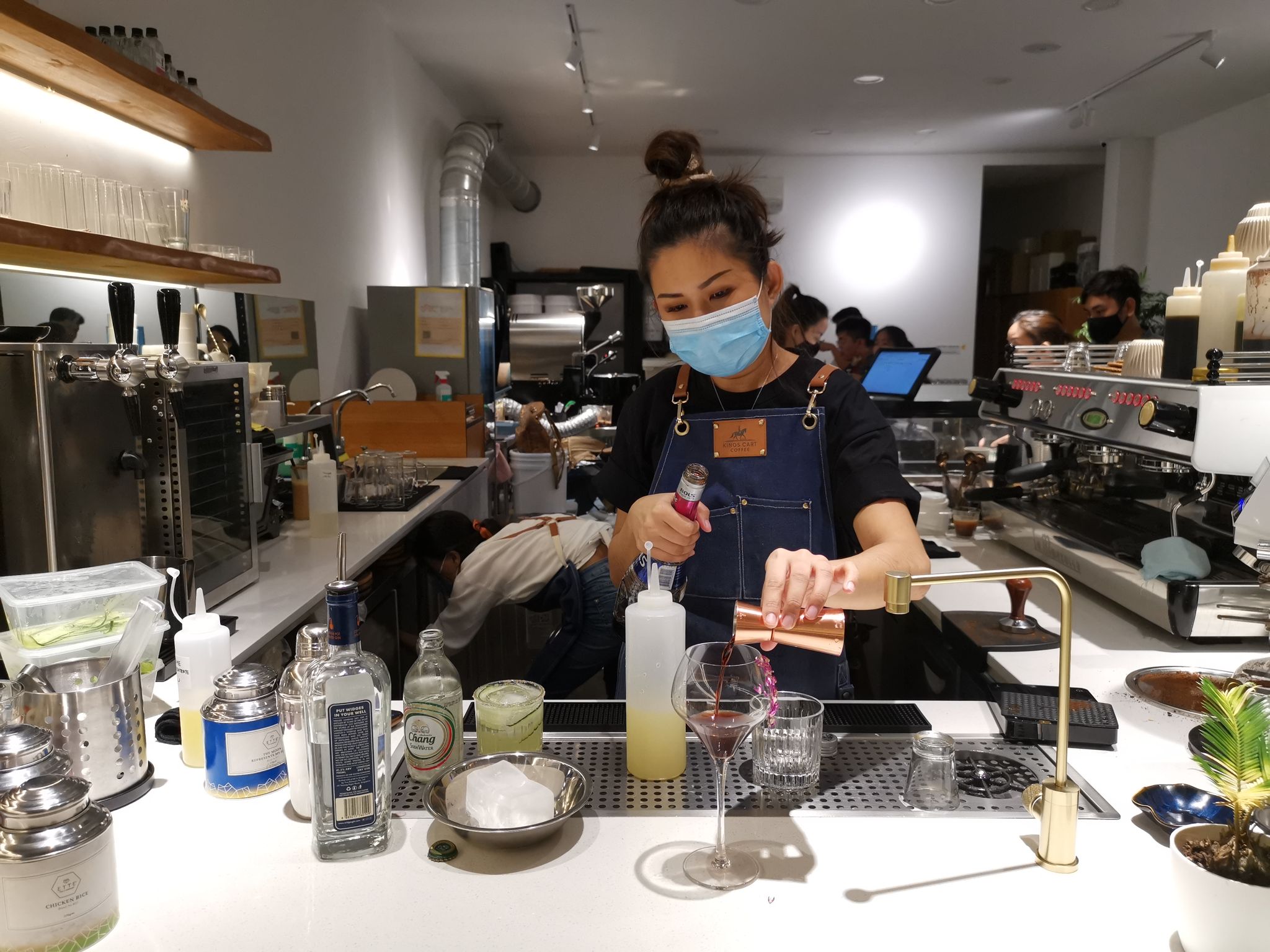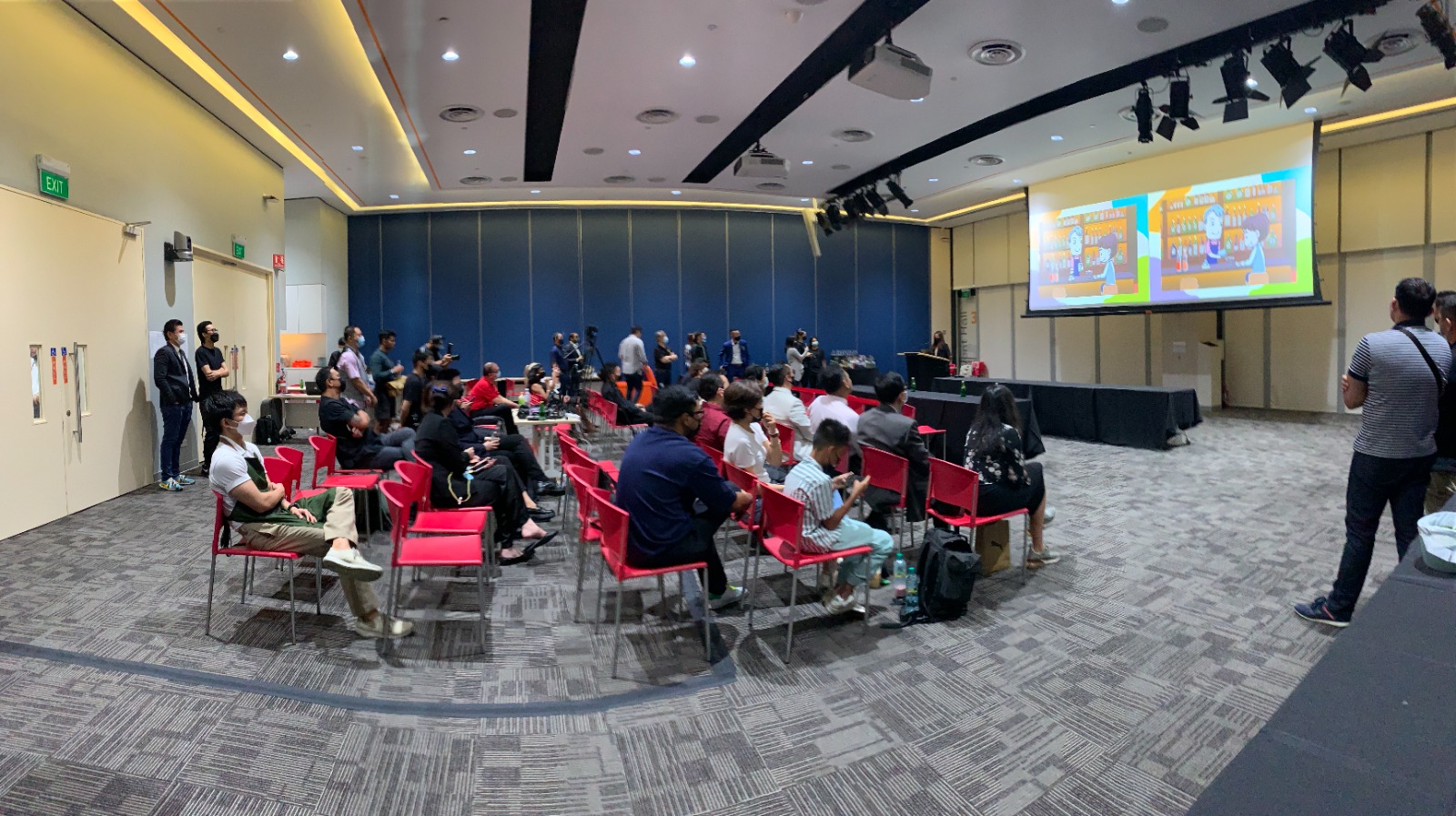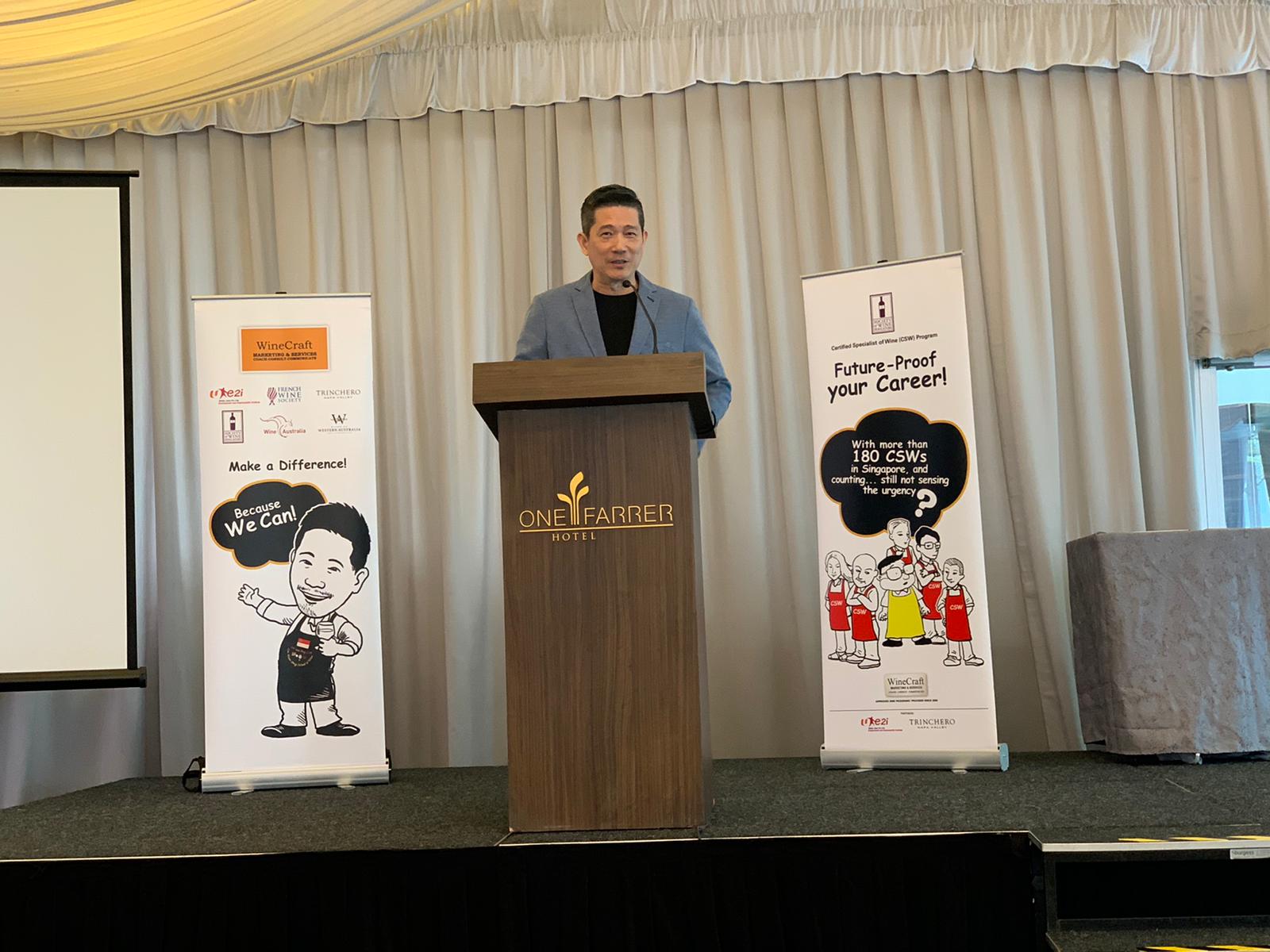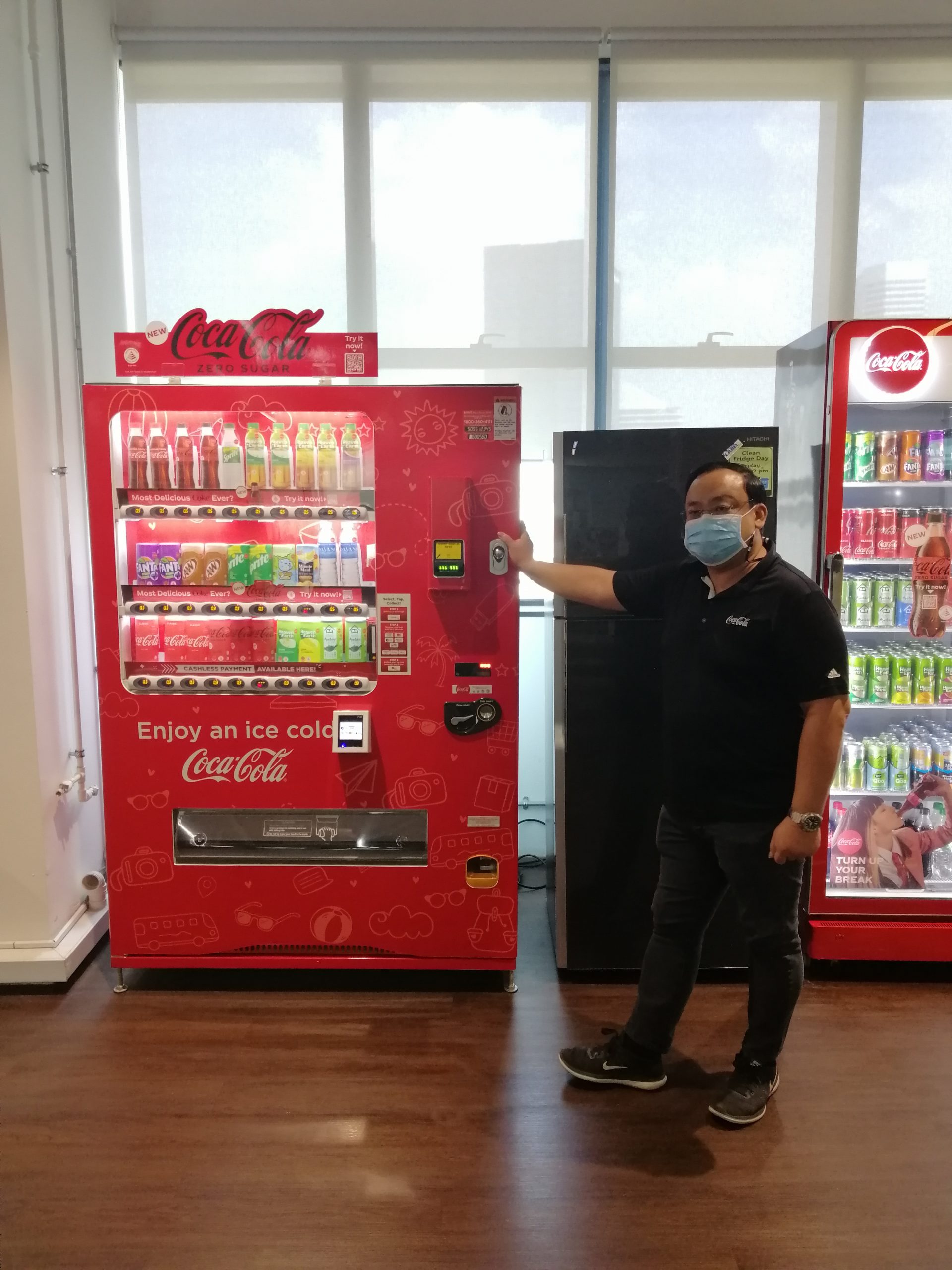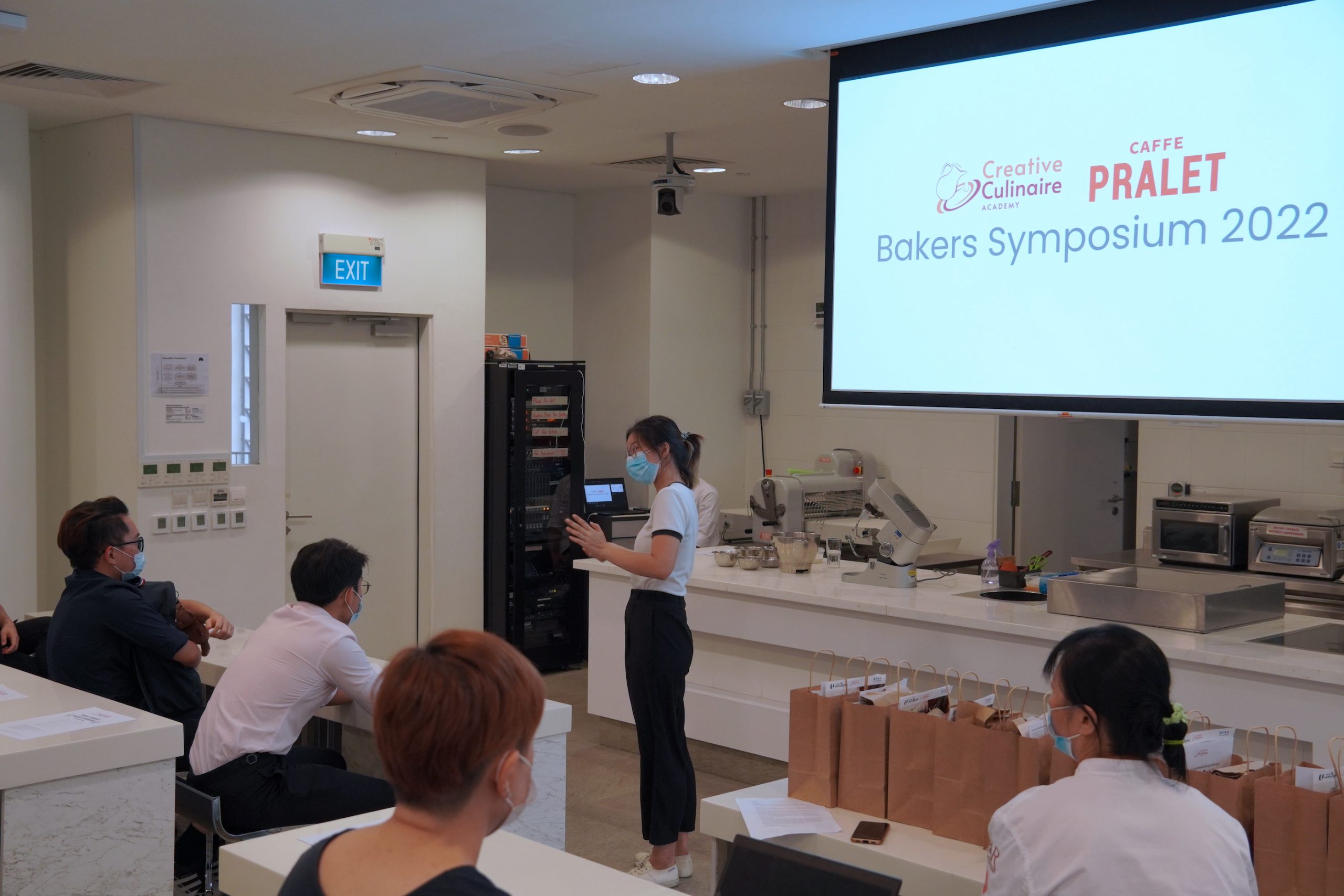At the first ever virtual National and Job Security Conference, industry leaders gave valuable insight to how companies can survive in a time of crisis
Held as part of the National and Job Security Conference by NTUC Job Security Council and Human Capital Singapore (HCS) on 2nd and 3rd July, the NTUC Job Security Council Conference saw 350 participants comprising C-suites and HR professionals. The virtual conference welcomed passionate discussion on some of the measures businesses could take in light of the pandemic including initiatives and schemes put in place by Singapore’s tripartite model.
In the keynote address by Ng Chee Meng, Secretary-General of the National Trades Union Congress (NTUC), he mentioned various initiatives and schemes that are available to companies, the self-employed and workers. Two examples were the Job Support Scheme (JSS) that helps relieve manpower costs as well as the NETF Collaborative Fund (NCF) and NCF Lite that offers aid to even the non-unionised companies for workers’ training.
An earlier panel discussion revealed some of the ways SMEs and logistic-supply chain sectors could open up to better business and employment opportunities. Markus Ang, the director of AIX Management Pte Ltd, shared that companies could look into the services supply chain where employees could work remotely, a practice put in place due to the Circuit Breaker.
While Ku Geok Boon, CEO of SG Enable, used case studies of inclusivity in the workplace to illustrate the advantages of hiring people with special needs. She went on to add that regardless of a company’s employees, a work culture that revolves around the universal values of safety, trust and connection would help attract and retain talent.
On the later panel, Cheryl Chan, MP-elect for East Coast GRC and head of Linde Gas Asia Pte Ltd, started with proposing ways NTUC could collaborate with the different sectors. While streamlining processes within an organisation would prove useful, companies could also work with tertiary institutions to plug the gaps in the workforce.
Ron Sim, executive chairman of V3 Group, contributed to the discussion by sharing how his company thrived from creating an external domestic market for their OSIM and TWG brands. He elaborated on a builder-model mindset that emphasised on employees taking ownership and specialising in their field. He put forward that adding value to his products was another way to naturally create a demand for them.
The third panellist, Alex Hungate, CEO of SATS, shared how they could take the opportunity to train their employees when countries were in lockdown and the aviation industry went quiet. Using the Enhanced Absentee Payroll Work scheme, they were able to give crucial hands-on training to certain employees such as front nose loading of cargo on airplanes. NTUC JSC’s Lift & Place approach also saw a redistribution of workers who were temporarily displaced to newly created roles of temperature screeners, contact tracers and social distancing officers.
The final panellist, Kwee Wei-Lin, president of Singapore Hotel Association and head of hotels at the Pontiac Land Group, explained how the hospitality industry made use of NCF to send their employees to training as well as the Lift & Place approach to employ hotel staff to retail jobs such as those at NTUC FairPrice or Cold Storage supermarkets. Although the travel industry came to a standstill, hotel employees were able to continue earning an income by taking up jobs that were deemed essential.
So how did member companies collaborate with JSC for the greater good of both companies and workers? JSC members shared:
Aaron Lim, group human resources director of Park Hotel Group said, “Our team members have always been integral to our business and it matters to us that they feel supported and cared for, especially during these tough times. So even as travel is grounded to a halt currently, we are glad that we can avail to them interim jobs through our partnerships with e2i and NTUC Job Security Council. Keeping an open mind to opportunities that are different to their usual day jobs, these team members have shown adaptability and resilience—the very values we embrace and of importance to weather this storm together.”
Some of the workers from the aerospace industry were offered in positions in the semiconductor industry. “The strategies by NTUC JSC such as temporary secondment and quick matching of workers through Telegram [is] especially useful in this time when the industry is still actively hiring,” Ang Wee Seng, executive director of Singapore Semiconductor Industry Association added.
While it’s heartening to know that help is available to those who need it, the crisis has shown that ensuring job security is beneficial to both employers and employees. In addition to some quick job matching and mobilisation on the part of NTUC Job Security Council, the initiatives also owe their success to different companies working together. More than ever, teamwork is necessary for all industries to tide over this challenging time.
To find out more about how the NTUC Job Security Council is able to assist in your business’ manpower needs, log on to https://e2i.com.sg/businesses/manpower/job-security-council-jsc/



